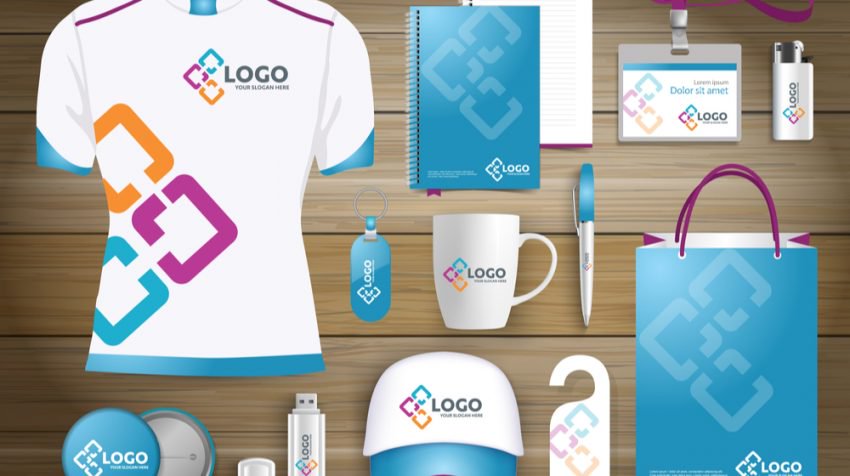Branding is a business that is certainly in a growth phase at present in Zimbabwe. As more people turn to business and more application for branding are mooted, there are many opportunities for entrepreneurs to venture into branding as a business. I worked in a small business that at the time provided branded mineral water bottles for companies and found the industry to be quite interesting. The business later expanded its offering to gift items, advertising banners and beverages. So here are some of the most notable tips for those who want to go into the branding business.
Machinery
The basis of the business would be on some sort of machinery. It could be as simple as a sticker or screen printing machine to brand items that are already made all the way up to complex personalized branding configurations. Regardless of your initial approach, this will likely be your biggest investment. The branded water company I was employed in bought unbranded water bottles and had a large screen printer providing specified labels for them. They later purchased their own printing machine for this purpose. Think carefully in your approach and do the calculations as to what you can do.
Technology has moved along very much since then and machinery can be found for branding many different things quite affordable. Have a look here for some ideas on the vast types of machinery and prices at which it can be acquired.
Products
To say the options are limitless is an understatement here. You can brand many things from the obvious like to t-shirts and pens to the outrageous such as cosmetics. While you will have your market split between Business to Business (B2B) and Business to Customer (B2C) it’s safe to say the bulk of your business should come from B2B channels. Just bear in mind that many businesses will start as micro or nano businesses (small and very small) and as such the orders may seem like B2C. I advise getting to know your customer and their plans for what they are doing going forward. It is a competitive market and this will set you apart.
Trends
An important part of serving your customers is understanding trends local and international. A few years ago branded t-shirts for the event were restricted to golf days but in the current setting events as small as family gatherings for funerals warrant a branded t-shirt. Understanding your customers and their context helps. Also, the advances in technology have made branding easier and where printing an individual t-shirt was prohibitive the cost has come within affordability for smaller events. So understanding the market and context is important. The trends in the market will inform you of where to focus your efforts.
Sales
Your customer base is almost unlimited, depending on which products you choose to brand. Individuals, churches, Private Voluntary organisations, Nano, Micro, small, medium and large businesses. Schools and other community organisations. Events such as weddings, birthdays, funerals, graduation parties, sports days and national holidays can all bring you brisk business if you position yourself right. So it’s very important to be aware of your potential customer’s “why” and work towards fulfilling it.
Marketing
You will need an extensive marketing approach that promotes your business on all platforms available to you. Your most important platform is the customers you serve, turning customers into raving fans is your number one method of getting business. You will need to back this up with regular conversation with your prospects on platforms you choose to advertise on. The important thing to remember is the purpose of marketing is to make people aware of your offer. People are not always in need of your services just because they are aware of your services. a person may see your adverts for months on end before they come across an occasion that warrants doing business with you. This is an investment you will make and think in terms of staging 3-6 month campaigns as opposed to one shots.
It’s a market that has many participants now but continues to grow and is only limited by the degree of innovation available. As machinery gets better the production cost declines per unit and this means ideas that were previously not viable are becoming viable business prospects to add to your offering. I would advise an approach that seeks to master a particular product before spreading yourself out as this entails capital outlay. This business rewards innovation. One last tip, the margins are small and the value comes from volumes. So always consider this when talking to prospects as pricing is a very sensitive issue in Zimbabwe.








